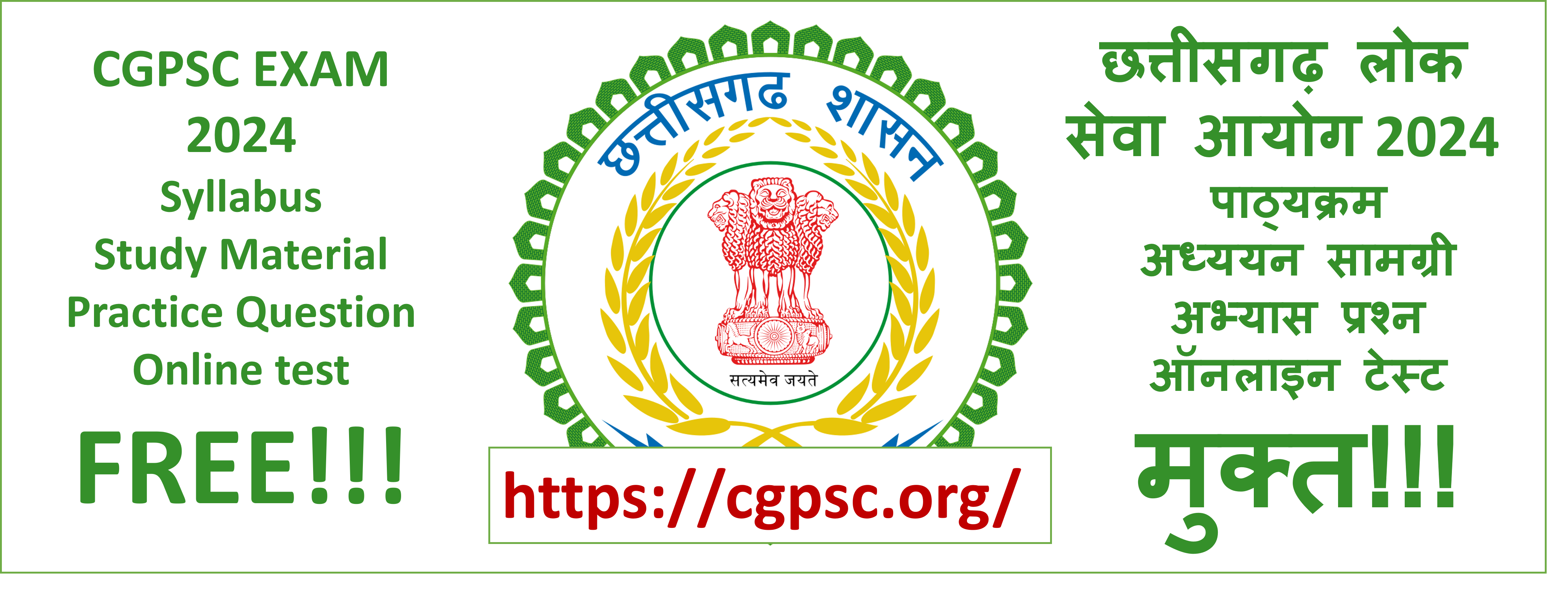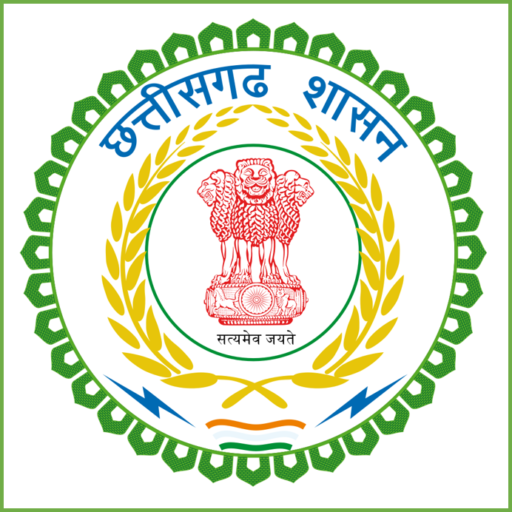Part 1 – General Studies: Constitution and political system of India

| Question | Correct Answer |
|---|---|
| The ‘Right to Freedom’ in the Indian Constitution is covered under which Articles? | Articles 19 to 22 |
| Which Article of the Indian Constitution deals with the formation of new states and alteration of areas, boundaries, or names of existing states? | Article 3 |
| The ‘Doctrine of Basic Structure’ of the Constitution was propounded in which landmark Supreme Court case? | Keshavananda Bharati Case |
| Who presides over a joint session of Parliament in India? | The Speaker of the Lok Sabha |
| The ‘Constitution Day’ of India is celebrated on: | 26th November |
| The ‘Right to Equality before the Law’ is a part of which Article of the Indian Constitution? | Article 14 |
| The ‘President’s Rule’ in a state can be imposed under which Article? | Article 356 |
| The ‘National Judicial Appointments Commission (NJAC)’ was proposed to replace which body? | Collegium System |
| The ‘Zonal Councils’ were set up under which Act? | States Reorganisation Act, 1956 |
| The ‘Right to Information Act’ was passed in which year? | 2005 |
| The ‘Special Status’ to Jammu and Kashmir was granted under which Article of the Indian Constitution? | Article 370 |
| The ‘Finance Commission’ is constituted every: | 5 years |
| The ‘Official Language’ of the Union of India is specified in which Article? | Article 343 |
| The ‘National Green Tribunal’ was established in which year? | 2010 |
| The ‘Panchayats’ are given constitutional status by which amendment? | 73rd Amendment |
| The ‘First Past the Post’ system is used in elections for: | Lok Sabha |
| The ‘Union List’, ‘State List’, and ‘Concurrent List’ are part of which Schedule of the Indian Constitution? | Seventh Schedule |
| The ‘Citizenship Act’ was enacted in which year? | 1955 |
| The ‘Indian Councils Act’ of 1909 is also known as: | Morley-Minto Reforms |
| The ‘Boundary Commission’, headed by Sir Cyril Radcliffe, was appointed to: | Delimit the boundaries between India and Pakistan |
Choose the correct answer
Question 1: The ‘Right to Freedom’ in the Indian Constitution is covered under which Articles?
Option 1: Articles 19 to 22
Option 2: Articles 23 to 24
Option 3: Articles 25 to 28
Option 4: Articles 29 to 30
Correct Answer: Articles 19 to 22
Question 2: Which Article of the Indian Constitution deals with the formation of new states and alteration of areas, boundaries, or names of existing states?
Option 1: Article 2
Option 2: Article 3
Option 3: Article 4
Option 4: Article 5
Correct Answer: Article 3
Question 3: The ‘Doctrine of Basic Structure’ of the Constitution was propounded in which landmark Supreme Court case?
Option 1: Golaknath Case
Option 2: Keshavananda Bharati Case
Option 3: Minerva Mills Case
Option 4: Shankari Prasad Case
Correct Answer: Keshavananda Bharati Case
Question 4: Who presides over a joint session of Parliament in India?
Option 1: The President
Option 2: The Vice-President
Option 3: The Speaker of the Lok Sabha
Option 4: The Chief Justice of India
Correct Answer: The Speaker of the Lok Sabha
Question 5: The ‘Constitution Day’ of India is celebrated on:
Option 1: 26th January
Option 2: 15th August
Option 3: 26th November
Option 4: 2nd October
Correct Answer: 26th November
Question 6: The ‘Right to Equality before the Law’ is a part of which Article of the Indian Constitution?
Option 1: Article 14
Option 2: Article 15
Option 3: Article 16
Option 4: Article 17
Correct Answer: Article 14
Question 7: The ‘President’s Rule’ in a state can be imposed under which Article?
Option 1: Article 352
Option 2: Article 356
Option 3: Article 360
Option 4: Article 365
Correct Answer: Article 356
Question 8: The ‘National Judicial Appointments Commission (NJAC)’ was proposed to replace which body?
Option 1: Supreme Court
Option 2: High Courts
Option 3: Law Commission of India
Option 4: Collegium System
Correct Answer: Collegium System
Question 9: The ‘Zonal Councils’ were set up under which Act?
Option 1: States Reorganisation Act, 1956
Option 2: Government of India Act, 1935
Option 3: Indian Independence Act, 1947
Option 4: Panchayati Raj Act, 1992
Correct Answer: States Reorganisation Act, 1956
Question 10: The ‘Right to Information Act’ was passed in which year?
Option 1: 2002
Option 2: 2005
Option 3: 2009
Option 4: 2011
Correct Answer: 2005
Question 11: The ‘Special Status’ to Jammu and Kashmir was granted under which Article of the Indian Constitution?
Option 1: Article 360
Option 2: Article 370
Option 3: Article 371
Option 4: Article 371A
Correct Answer: Article 370
Question 12: The ‘Finance Commission’ is constituted every:
Option 1: 3 years
Option 2: 4 years
Option 3: 5 years
Option 4: 6 years
Correct Answer: 5 years
Question 13: The ‘Official Language’ of the Union of India is specified in which Article?
Option 1: Article 343
Option 2: Article 345
Option 3: Article 348
Option 4: Article 351
Correct Answer: Article 343
Question 14: The ‘National Green Tribunal’ was established in which year?
Option 1: 2008
Option 2: 2010
Option 3: 2012
Option 4: 2014
Correct Answer: 2010
Question 15: The ‘Panchayats’ are given constitutional status by which amendment?
Option 1: 73rd Amendment
Option 2: 74th Amendment
Option 3: 75th Amendment
Option 4: 76th Amendment
Correct Answer: 73rd Amendment
Question 16: The ‘First Past the Post’ system is used in elections for:
Option 1: President
Option 2: Vice President
Option 3: Lok Sabha
Option 4: Rajya Sabha
Correct Answer: Lok Sabha
Question 17: The ‘Union List’, ‘State List’, and ‘Concurrent List’ are part of which Schedule of the Indian Constitution?
Option 1: Fifth Schedule
Option 2: Sixth Schedule
Option 3: Seventh Schedule
Option 4: Eighth Schedule
Correct Answer: Seventh Schedule
Question 18: The ‘Citizenship Act’ was enacted in which year?
Option 1: 1950
Option 2: 1955
Option 3: 1960
Option 4: 1965
Correct Answer: 1955
Question 19: The ‘Indian Councils Act’ of 1909 is also known as:
Option 1: Morley-Minto Reforms
Option 2: Montagu-Chelmsford Reforms
Option 3: Simon Commission
Option 4: Cabinet Mission
Correct Answer: Morley-Minto Reforms
Question 20: The ‘Boundary Commission’, headed by Sir Cyril Radcliffe, was appointed to:
Option 1: Draft the Constitution
Option 2: Define the boundaries of the linguistic states
Option 3: Delimit the boundaries between India and Pakistan
Option 4: Reform the electoral system
Correct Answer: Delimit the boundaries between India and Pakistan
Home

Leave a Reply